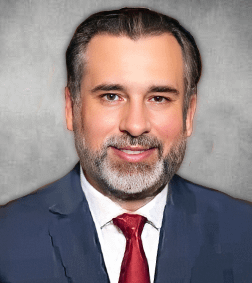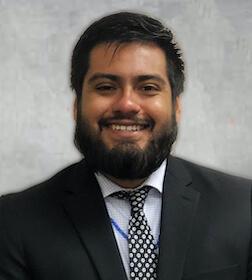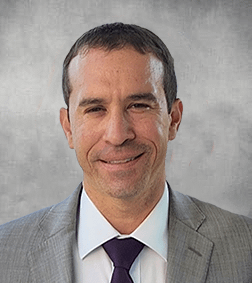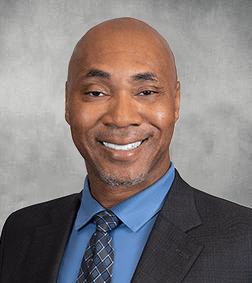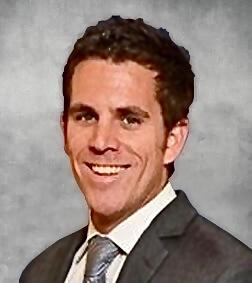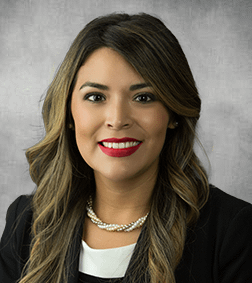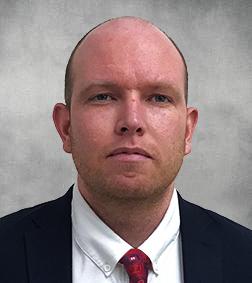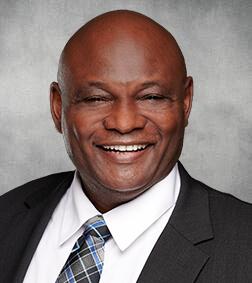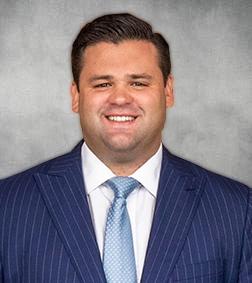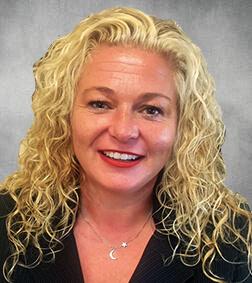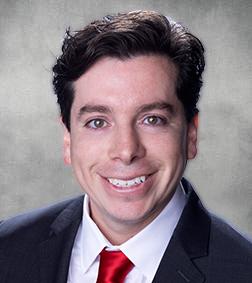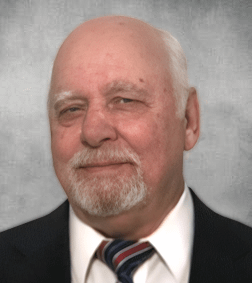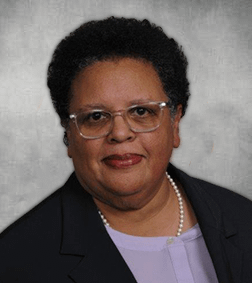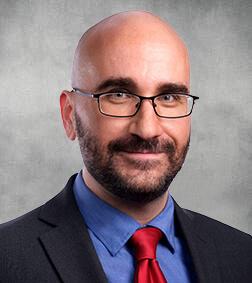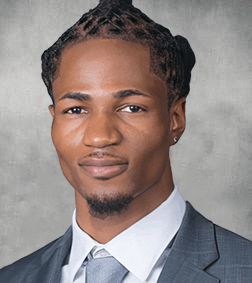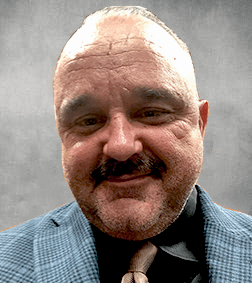Florida Probation Violation Attorney
Backed by Decades of Collective Legal Experience
There are a variety of directions a criminal arrest can unfold in Florida, making the criminal justice system very complex and confusing. Once you are thrown into the criminal justice system, there are further directions an arrest, conviction, and even release may go. One of these directions is probation. Adjudication may be withheld and probation assigned, a suspect may be convicted with probation as part of the punishment, and/or probation may be in the terms of a convicted individual’s release. In any case, the offender must abide by the terms of their probation or else suffer the consequences which, in some cases, include going back to jail or prison.
Once you’ve been accused of a probation violation in Florida, your goal should be to simply have the original probation order reinstated or minimally modified. To achieve this, you will need to retain the services of a quality Florida probation violation lawyer from Musca Law. We have decades of combined experience, and will work tirelessly to defend a probation violation on your behalf.
The Complexities of the Probation System
The concept of being subject to consequences if you violate probation is simple enough to an outsider, but to the person tied to the terms of probation, it is a different story. The terms of probation are different for each person as they are tailored to the circumstances of specific crimes.
Probation may involve the following:
- A curfew
- The completion of an alcohol or drug treatment program
- Sobriety
- Professional requirements and/or limitations
- Other terms
The various requirements of probation make it common for a person to violate the terms of their probation without having even realized they did so. If a person on probation has not been appropriately informed of the terms of their probation, they are placed at risk of violating it and violations of probation (VOP) carry consequences. There are even circumstances under which a person is only believed to have violated the terms of their probation when they actually did not. Unfortunately, without aggressive representation, just that belief could be enough to warrant disciplinary action.
Understanding the Different Types of Probation
Ultimately, probation can fall into a variety of categories, depending on the qualities of the individual involved in the criminal offense (e.g. age, mental health) or the nature of the crime itself. As listed in the Florida Statutes Title XLVII, Chapter 948.001, here are the different types of probation that are recognized by Florida State Law:
- Administrative Probation refers to a form of supervision that does not require contact or reporting, in the case that an offender does not pose a significantly dangerous threat to members of a community. After completing half of probation, the convict will be taken to the Department of Corrections to take part in this milder form of probation.
- Community control refers to a form of rigorous, controlled custody within a community (which will include legal surveillance over holidays and weekends) that is reviewed by administrative officers. In the case of community control, an offender has been isolated to a community or residential space that maintains strict guidelines and operates under sanctions.
- Drug offender probation refers to a form or rigorous supervision during which drug offenders are treated based on rehabilitation plans provided by administrative officers (who manage no more than 50 cases each).
- Mental health probation refers to a specific variety of probation that combines general mental health treatment and mental health plans tailored to individual convicts. In this case, the offenders will receive strict treatment related to a variety of mental health problems and (in some cases) receive psychotropic drugs prescribed as needed.
- Sex offender probation (sex offender community control) refers to a type of supervision that may include forms of electronic monitoring and requires the treatment and conditioning of registered sex offenders. Officers who serve as the supervisors of these sex offenders must ensure the convicts follow treatment plans and take part in polygraph testing (as well as other forms of close monitoring) as required by Florida State Law.
Understanding the Conditions of Probation in Florida
As listed in Florida Statute Title XLVII Chapter 948.03, the courts of the State of Florida will ultimately decide the terms and conditions of each convict’s probation term. Here is a closer look at some of the conditions that must be met by the offenders:
- Reporting to his/her probation officer as ordered
- Allowing the probation officer to visit him/her in a home or other residential area
- Completing work at a designated location to the full extent of capabilities
- Staying within a designated area (as determined by law)
- Living without violating additional laws. (Offenders who violate this section are not required to appear in court for a judge to determine a violation of probation or community control.)
- Repaying or restituting the losses suffered by the victims as a result of the crime, in an amount that will be determined by the court
- Paying debts to a medical and/or detention facility (for convicts charged after July 1, 1994)
- Supporting legal dependents to his/her best efforts
- Paying a debt owed to the State of Florida
- Paying an application fee and additional costs (including attorney fees)
- Avoiding associations with individuals who are taking part in criminal activities
- Take part in random testing as instructed by the probation officer
Reviewing Special Conditions for Probation and Community Control
As indicated by Florida Statute Title XLVII, Chapter 948.039, Florida Courts may initiate special terms and conditions for convicts to follow as part of probation or community control programs. Ultimately, members of the court must construct terms that are relevant to the crime that has been committed and are appropriate to the convict. Here are some examples of special conditions:
- Regular attendance of a program covering HIV and AIDS, if available in the county of the convict’s residence. These programs typically last no less than 2 hours and no longer than 4 hours.
- Paying a monthly fee of no more than $1 during the entirety of probation or community control to a nonprofit organization that supports rehabilitation activities supervised by the Department of Control.
Successfully Completing the Period of Probation
As reviewed in Florida Statute Title XLVII Chapter 948.04 (1), any defendants who have been convicted of felonies and ultimately placed on probation will be supervised for no longer than 2 years (unless the court specifies a different time span). However, convicts who are placed on probation or takes part in community control will be subjected to the most intense supervision, which will last throughout the entirety of the probation or control program.
According to Chapter 948.04(2), defendants who successfully complete their terms of probation will no longer be charged for the crime for which the probation was permitted by court. However, under the court’s instruction, these individuals must fulfill all requirements for the probation program before the charges can be dropped.
Chapter 948.04(3) states that any individuals who successfully completes probation or community control without any problems whatsoever will be allowed an early termination of probation, as recommended by the Department of Corrections.
Reviewing the Pretrial Intervention Process for Offenders in Florida
As outlined in Florida Statute Title XLVII, Chapter 948.08, the department will oversee pretrial intervention procedures for individuals charged with a crime, prior to the filing of critical information or the return of an indictment (from circuit court). Ultimate programs will offer medical programs, mental health screenings, counseling sessions, educational programs, and additional resources that will help individuals connected to probation or community control.
Following the period of pretrial intervention, the administrator may make the following recommendations to the court:
- The case should be diverted to normal pathways if the culprit’s performance in the program has not met all qualification and has been unacceptable overall.
- The offender requires additional supervision.
- In the event that prosecution is unnecessary to the case, the court should dismiss all related charges without any prejudice.
Following the pretrial period, members of the court will consider the validity of these suggestions.
VOP Consequences
A person suspected of violating their probation may be arrested, without a warrant, and brought before the court, which has the power to revoke, modify, or simply reinstate the probation order. The court may also order the probation violator to be placed under community control, under section 948.06 of Florida Statutes.
Violating Terms of Probation in the State of Florida
As outlined in Florida Statutes Title XLVII, Chapter 948.06(1a), if any officials strongly believe that a convicted individual has violated the terms of his/her probation terms or community control program, any member of local law enforcement who is aware of the convicted offender’s participation in such programs or any probation officer may ask a municipal law enforcement officer to arrest this culprit without any required warrant for arrest.
Here is a closer look at procedures which may accompany a potential violation of probation:
- Chapter 948.06(1b): Any trial court judge (committing) will have the right to issue a warrant for the arrest of the convict who has violated probation by means of an affidavit. In special cases, these same judges may issue notices if the convict has never committed any qualifying offenses in the State of Florida.
- Chapter 948.06(1c): If the judge can provide substantial evidence that the individual has violated his/her probation (as set up by a court), the warrant may be issued for the arrest of the individual.
Here is a look at special instructions for a hearing involving the violation of a probation, as outlined in Chapter 948.06 (1-d, 1-3). As indicated by this statute, a court will:
- Inform the individual who has violated probation of the situation.
- Possibly order this culprit to be taken before the court that initially granted this probation.
- May release the culprit without awaiting bail or commit this individual, depending on the circumstances surrounding the crime.
- Consider the severity of the crime, in the determination of bail.
Understanding Exceptions to Rules for the Violation of Probation in Florida
As indicated under Florida Statute Title XLVII, Chapter 948.06(3), under the circumstances that the court has revoked probation or community control programs, these court members will not allow the culprit to receive credit for any terms of probation that have already been completed. Subsequent probation may be permitted, as mixed with previous rulings of probation.
Violating Terms of Probation for Felony Offenders in the State of Florida
Under the rules outlined in Florida Statute Title XLVII, Chapter 948.06(4), any felony offender who is arrested for violating the established terms of his/her probation or community control program will automatically be sent to stand before the court that initially granted the probation or community control.
If the convict has been charged with a serious crime or is a registered sex offender/predator or if the individual is being closely supervised, members of the court must determine that this individual does not pose any significant threats to public safety.
No warrants shall be dismissed in any cases.
Violating Terms of Probation for Sex Offenders and Predators in the State of Florida
As defined in Florida Statute Title XLVII, Chapter 948.063, if an individual has been listed as a sexual offender or a sexual predator for the act of pursuing sexual activity with a juvenile who is 15 years of age or younger and has ultimately been charged with violating probation, this culprit will face an additional term of supervision after revoking the probation/community control program. For culprits under 18 years of age, electronic monitoring will be applied to the sentence.
Achieving Favorable Results through Quality Representation
Probation violations are often committed unbeknownst to the violator, but that does not mean that the court considers all probation violations as small, inconsequential infractions. In order to protect your rights and potentially your freedom, you should retain the services of a skilled Florida probation violation attorney who can analyze the details of your probation and develop a solid strategy against VOP charges. At Musca Law, our successful track record and decades of combined legal experience can give you the edge you need to successfully avoid unjust consequences.



